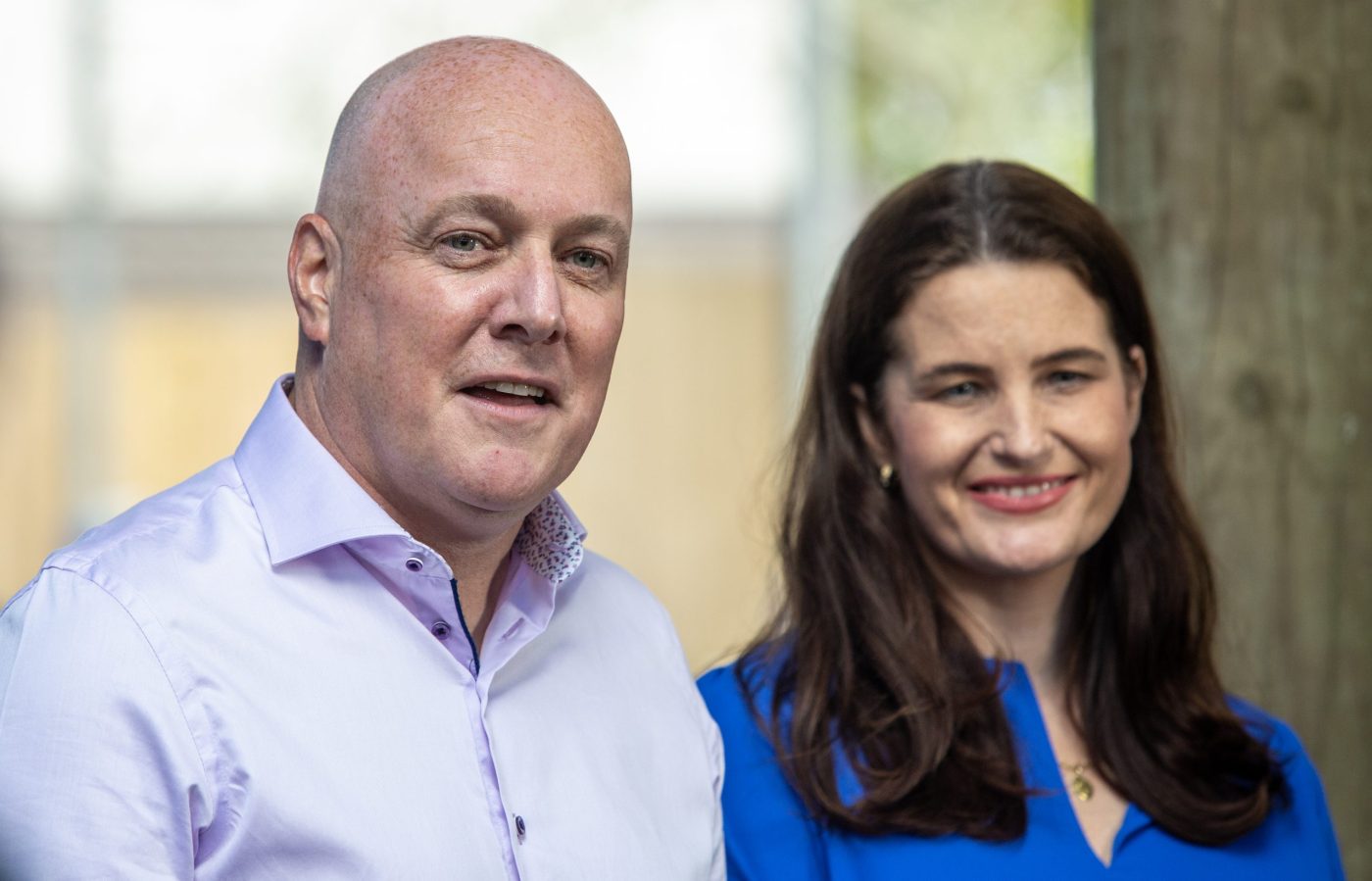
The Government has announced it’s scrapping surcharge fees imposed when New Zealanders make in-person payments using a debit card, Eftpos, or credit card.
It’s part of its actions to focus on growing the economy to create jobs, lift incomes and help Kiwis with the cost of living, Prime Minister and Botany MP Christopher Luxon says.
“We know things are still tough for a lot of families and that’s why we are focused on growing the economy to help Kiwis get ahead,” he says.
“The economy is expected to grow on average 2.7 per cent per year creating 240,000 jobs over the next four years, but in the short term we are pulling every lever we can to help Kiwi families with the cost of living.
“We have announced we’re scrapping surcharges at the till. New Zealanders are paying up to $150 million in surcharges every year.
“That’s money that could be saved or spent elsewhere.”
Finance Minister Nicola Willis adds: “This week marks one year of tax relief meaning the average household is $1,560 better off.
“We’ve also introduced FamilyBoost, which with the latest expansion gives families up to 40 per cent off their childcare costs.
“We have removed the Auckland fuel tax, introduced 12-month prescriptions, increased the rates rebate for 66,000 seniors and increased Working for Families payments.
“Most importantly we’ve stopped wasteful Government spending and got inflation under control.
“Inflation has dropped from a peak of 7.3 per cent under the previous Government to 2.7 per cent under ours.
“This has meant lower interest rates, so a family re-fixing a $500,000 mortgage today will save around $320 per fortnight compared to September, 2023.”
Consumer New Zealand says it’s “stoked” to learn surcharges are to be banned.
From May next year, Kiwis will be able to tap their card or phone “without being charged those pesky, excessive and sometimes hidden surcharges”, it says.
An amendment to the Retail Payment System Act will put an end to excessive, hidden and unavoidable surcharges, which cost New Zealanders an estimated $65 million a year.
Jessica Walker, acting head of research and advocacy at Consumer NZ, is thrilled to see surcharges scrapped because it will put millions back into the pockets of New Zealanders, and make accepting payments much simpler for merchants, too.
“We’ve received close to 300 complaints about excessive surcharges in the last few years, she says.
“In some cases, card payment surcharges were as high as 25 per cent.
“We’ve even had complaints about surcharges being applied to Eftpos transactions.
“We’ve been calling for surcharge regulation since 2017 and, recently, urged the Commerce Commission to consider an outright ban.”
What consumers need to know:
- The ban will only apply to debit, Eftpos, Visa and Mastercard payments, so if people are paying with another card, such as an AMEX or foreign-issued card, they may still have to pay a surcharge. The ban also won’t apply to prepaid gift cards.
- Online payments are excluded. Consumer NZ says that’s disappointing because a flight or accommodation booking or any other online purchases could still attract a surcharge.
- The cost of a coffee shouldn’t increase by that much, if at all. If merchants choose to increase their prices to cover their payment costs, any increase should be minimal because interchange is being lowered, which will reduce the cost to businesses of accepting payments.









